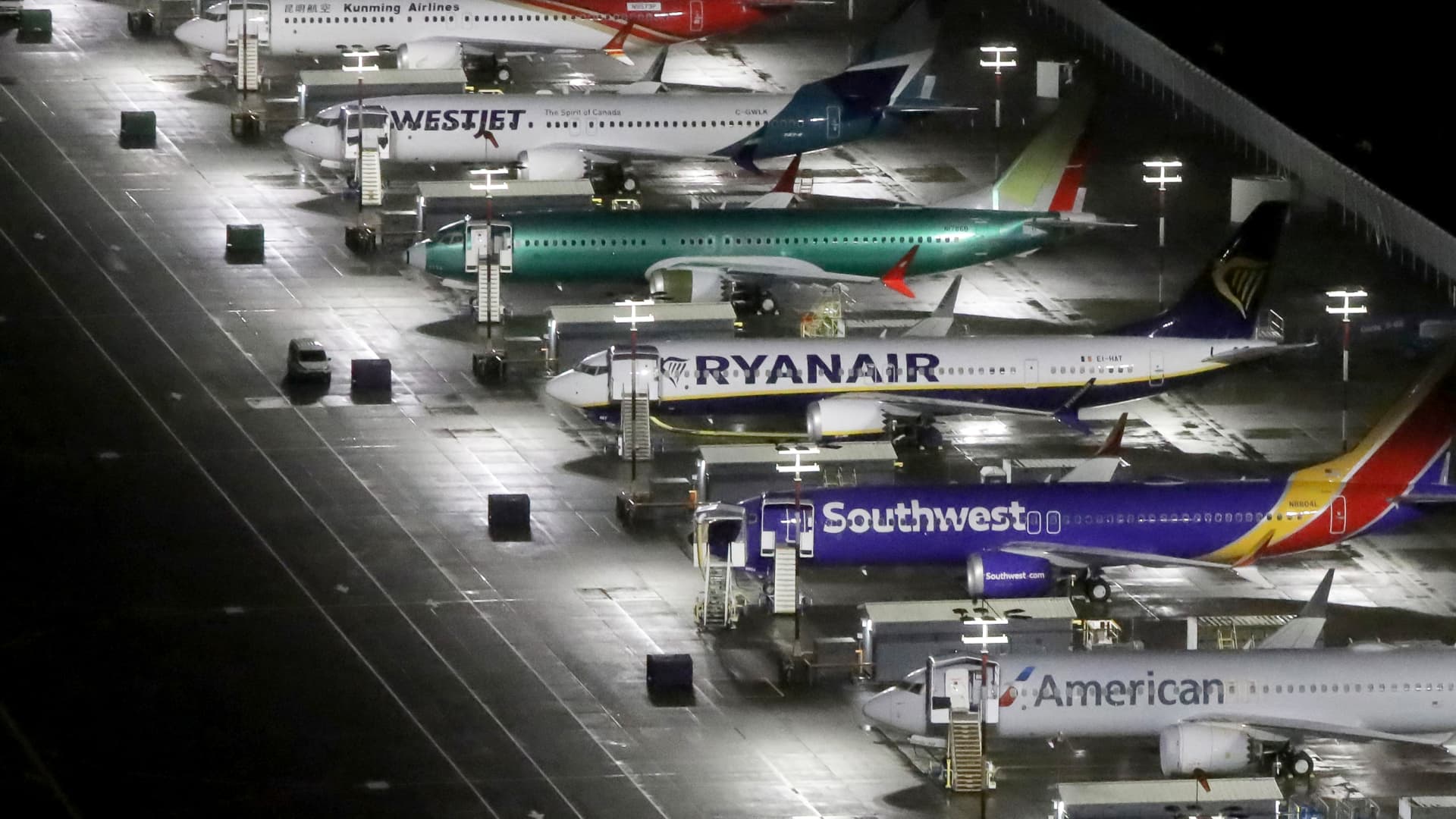- Select a language for the TTS:
- UK English Female
- UK English Male
- US English Female
- US English Male
- Australian Female
- Australian Male
- Language selected: (auto detect) - EN
Play all audios:
__ _ABC International has reasons to be proud of its recent deal to provide ABC content in a long-term partnership with China’s second biggest broadcaster Shanghai Media Group writes WANNING
SUN, in this cross posting from The Conversation._ ABC International has reasons to be proud of its recent “landmark” deal to provide ABC content in China. The deal, which will see the
establishment of an online portal, also seems to make it harder for the government to justify scrapping the Australia Network, funded by DFAT and functioning as an official instrument of
Australia’s public diplomacy initiatives. The benefit of exposing potentially 1.3 billion people to Australian media content is obvious: Australia is competing with many other countries to
attract business, resources investment, education and tourism from China; and perceptions matter. ADVERTISEMENT Some may think that doing business with the Shanghai Media Group (SMG), the
second-biggest media conglomerate after CCTV (Chinese Central Television), may have the added benefit of teaching the Chinese media a thing or two about what media in a liberal democracy
look like. But it’s not that simple. GOING OUT AND COMING IN From the Australian point of view, it seems that the ABC has managed to penetrate the Chinese market. In reality, it’s a matter
of China wanting to set up myriad reciprocal relationships so that it can maximise its own exposure to the world. From the point of view of the Shanghai Media Group, allowing the ABC to have
an online portal in China is part and parcel of the Chinese government’s recent “going out and coming in” strategy aimed at increasing China’s soft power. China has been seeking new ways of
pushing its media content globally. It still doesn’t have landing rights in many countries, especially the much-coveted Western countries. As a result, Chinese state media have experimented
with diverse, highly pragmatic ways of making inroads into foreign mainstream media institutions. The ABC deal is part of this approach. The deal will allow China to sell its own media
content to the ABC and other media groups. A few years ago, ABC and SMG signed a deal to broadcast an hour of each other’s content for a week. For the third year, ABC had a week on Shanghai
TV this March during Prime Minister Tony Abbot’s visit, featuring mainly culture, travel and documentary programs. SMG will have its turn in Australia in September. China sees this as a good
vehicle to carry its media content to various parts of the world. NOT EXCLUSIVE But Australia is not the only country SMG has invited to come in. A month ago, the Shanghai Media Group
signed a multi-year agreement with Walt Disney to co-develop Disney-branded movies with Chinese elements. Sharing budget and resource strictly 50/50, the partnership is described in the
Chinese media as an equitable “marriage” between SMG and Walt Disney Studios. If this is the case, Australia is but one of the partners in SMG’s polygamous operation. Nor should the deal be
read as a triumph of democracy over communism, or as a sign that Chinese media are becoming more liberal. There is no indication that China will let its partners dictate the terms and
conditions of collaboration, what type of content local broadcasters will use and on what platforms the content will be made available. To be sure, more than CCTV, SMG is positioning itself
as a more effective instrument of China’s soft power diplomacy, and is encouraged by the government to be at the forefront of the “going out and coming in” initiative. At the same time, SMG
has affirmed its commitment to reduce “frivolous” entertainment programs and boost politically sound and serious news content. Given this internal political climate, it remains to be seen to
what extent Australia’s media content will be taken up by Chinese outlets, or indeed if and how Australian news, especially news that seems critical of China, will be made accessible to the
Chinese-speaking public. WHO REALLY WINS? Despite the fact that partnerships such as this are considered to be win-win arrangements, China can be expected to do its own cost-benefit
analysis. And there is little evidence to suggest deals such as this will lead to a more open and free news media environment. In more than one way, it was a coup for a news and current
affairs program such as Q&A to broadcast live from Shanghai. That said, China seems to have gained much more. First, it was able to show the world and its own people that, contrary to
the popular belief about China’s lack of press freedom, China is open, cosmopolitan and willing to engage with global media. This is China’s most important impression-management objective.
Second, there was little risk of the Chinese audience seeing the Chinese government placed in a bad light. While broadcast live to the Australian audience, the show was not live to the
Chinese audience except those in the studio. And it was scheduled to be on the English-language channel of Shanghai TV, a channel mostly watched by English-speaking expatriates and Chinese
social elites in Shanghai. To these people, little that was said on the Q&A program was new. Soft power diplomacy is a funny game. Win-win outcomes are always preferable, but who wins
more is a matter of perspective. _Wanning Sun is a professor of Chinese Media and Cultural Studies at University of Technology, Sydney._ This article was originally published on The
Conversation. Read the original article.








